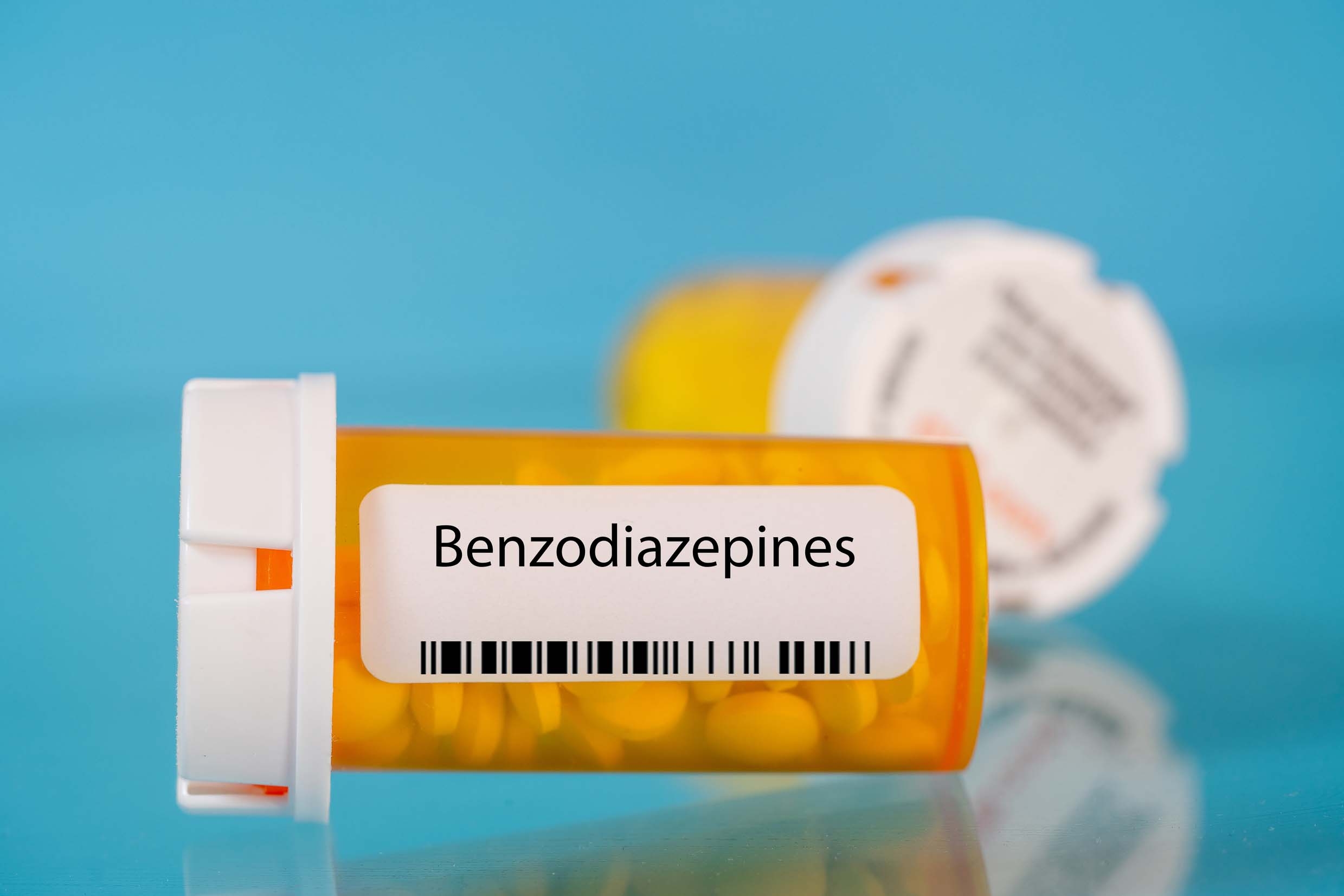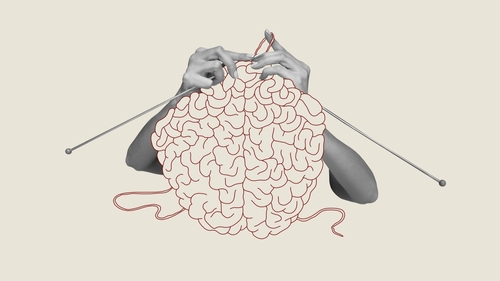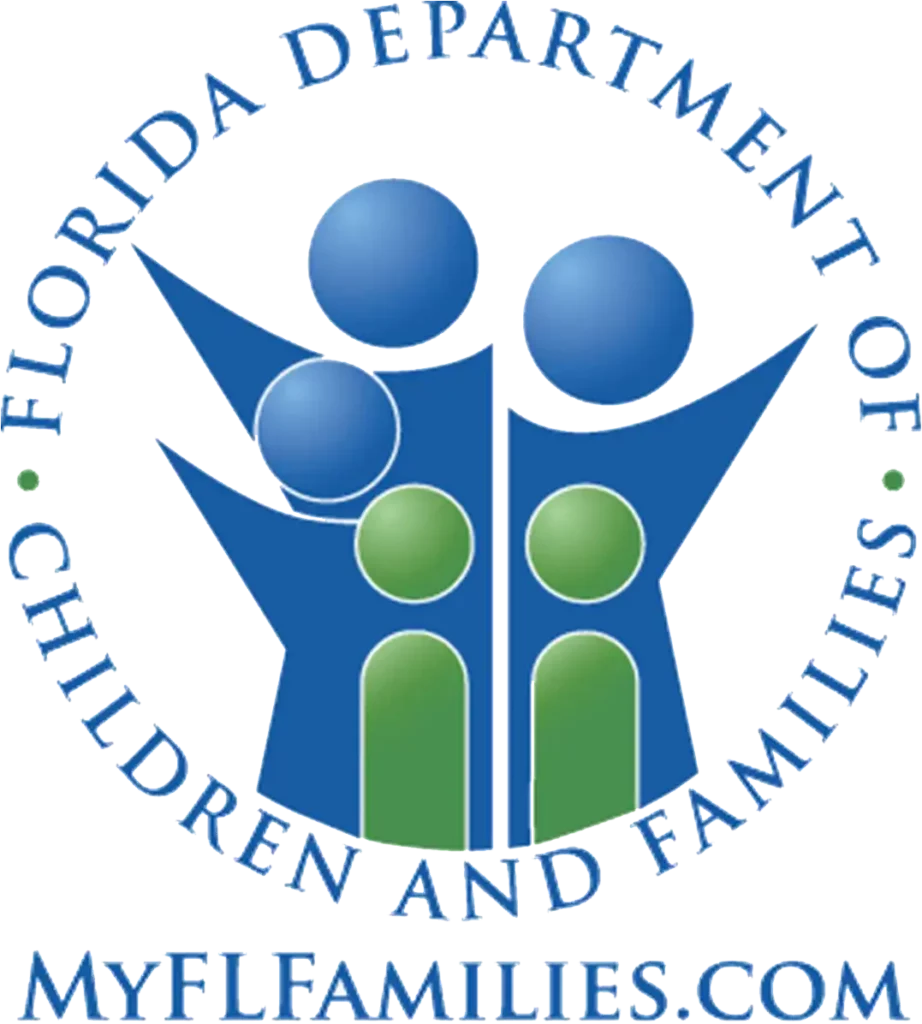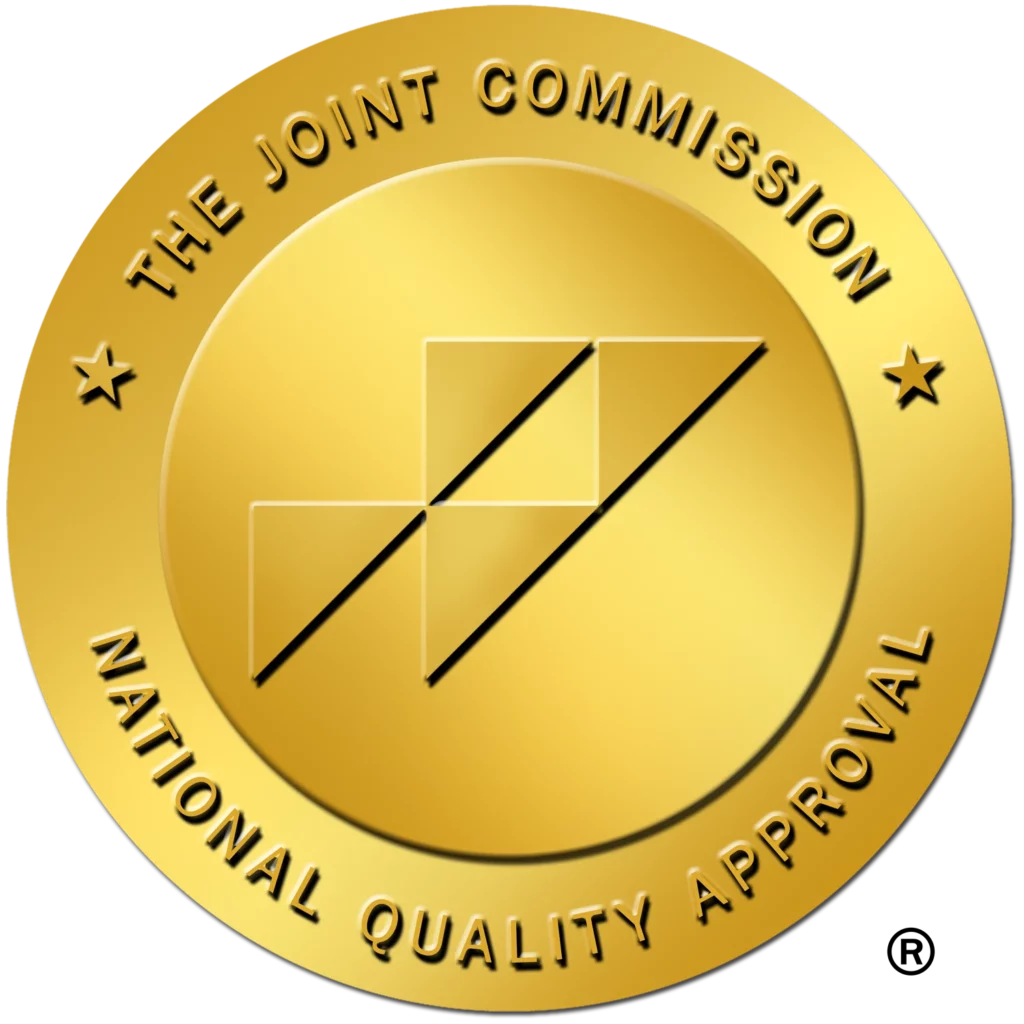Signs of Heroin Use and Chemical Dependency in a Loved One
This entry was posted in Addiction News and tagged Drug Addiction, Drug Addiction Characteristics, Drug Use Signs, Heroin Addiction, Heroin Use Signs, Signs of Drug Use, Signs of Heroin Use on April 09, 2017 by Justin Baksh, MS, LMHC, MCAP, Chief Clinical Officer.

There’s a pretty good chance that if you found this article, you may know someone who could be struggling with heroin or other drugs.
Guide to Identifying Heroin Addiction
First and foremost, you should understand that this article is not meant to be any kind of medical justification for pointing the finger of blame or making assumptions. However, as addiction professionals, our collective experience on this subject has inspired us to put together this online guide.
Please bookmark this page, copy and save the link for future reference, or print out and use immediately if you think your loved one is struggling with drugs, specifically heroin.
Changes in Appearance
As heroin becomes the focus of addicts’ lives, personal grooming becomes less important. They stop bathing as frequently and may begin to look grubby and disheveled. Their skin may appear pasty from lack of exposure to sunlight.
Rapid Weight Loss
Heroin addicts often waste away and shed weight until they develop an emaciated appearance. Very often, the drug will cause nausea in a user, leading to loss of appetite.
Wearing Long-Sleeved Attire, Even in Warm Weather
Because heroin is very often used intravenously, by injecting it directly into the veins, users of this drug frequently adopt a habit of wearing long-sleeved shirts and pants at all times of the year, to hide the marks and scarring left on their skin at the injection sites.
Extended Periods of Sleeping
The poppy flower, from which the opium used to make heroin is derived, carries the scientific name papver somniferum, meaning “the sleep-bringing poppy.” Opium and its derivatives are used, medically and recreationally, for their numbing properties and heroin users will often slump into periods of extended sleep.
Changes in Behavior
Using heroin – or any other drug – will almost inevitably change a person’s behavior and personality. This is due in part to the fact that the person is experiencing shifts in mood from being high to coming down. This cycle alters brain chemistry which adversely affects behaviors. In addition, the secretive nature of active addiction and engaging in activity that is better left unknown (from your loved one’s perspective) can also create awkward behaviors.
Patterns of Manipulation
Heroin causes intense cravings that overwhelm the areas of the brain that deal with impulse control, overriding reason and moral compass. Addicted individuals will do anything to obtain more heroin including stealing from friends, family members, and manipulating them to get what they want.
Consistent Financial Problems
As heroin addiction progresses, addicts quickly run through all their money to buy drugs. To keep feeding their habit, heroin addicts will pawn, trade, or sell their possessions in order to get more drugs.
Sudden Complacency or Laziness
Heroin addicts lose interest in the activities that used to give them pleasure. Over time, they feel disconnected from their friends, lovers, and family. As a result, they will focus on the drug, to the exclusion of all else, and withdraw from the people and activities in their lives.
Nothing between the Highs and Lows
When a person uses heroin, the first sensation is likened to a rush as the drug suddenly reaches the brain, followed by an extended period of euphoria. During this high, the addict will often seem to be in an incredibly good mood. However, coming down from heroin can be enormously uncomfortable, asthe symptoms of heroin withdrawal are notoriously painful.
Rapid Mood Swings
When determining rapid mood swings you must take into consideration what is normal for the individual. Someone who is usually calm and collected can be ultra-hyper and out of control when addicted to heroin. Someone who is usually pleasant and upbeat can be miserably depressed. Also erratic mood swings from one end of the spectrum to the other can also be caused by drug abuse. If these things are strangely not the norm, chances are you might be dealing with substance use or a mental health issue.
Reclusive or Overly Private Behavior
Substance use is very isolating. A person wrapped up in drug abuse will appear to be hiding something, or wanting to be very private in their actions. Does the person spend a lot of time in their room? Do they lock their room upon leaving and entering? Do they seem bottled up when you ask them questions? These are indicators that they may be hiding something, possibly substance abuse.
Rapid Change from Their Normal Daily Life
Have you noticed a sudden change in their daily routine? Cutting out on work, school, and home life are indicators of a change in routine. This can stem from the behavior that is developed through a period of substance use. Those things that are considered “normal” daily activities for your loved one have now taken a back seat to the constant need to obtain and use drugs. Newly voiced medical conditions are also an indicator of abnormal behaviors. Medical conditions are an easy way to obtain prescriptions, like pain pills, that can replace heroin as they are both opioids.
Erratic Behaviors
These can be the most noticeable traits of addiction because they are behaviors not typical of the person. Excessive excitability or giddiness out of someone who is typically serious is an example. These behaviors can become dangerous situations. This is typical with violent behaviors caused by withdrawal.
Some behaviors are magnified by substance use. A good example of this is with depression or similar co-occurring disorders. The abuse of an addictive substance can amplify the impact of something like depression.
Depression and anxiety have also been shown to be strong influences in causing drug abuse. A brain struggling with a mood disorder is more susceptible to the influences of drug use as a means to self-medicate. Treatments have been developed that focus on dual diagnosis to care for both mental health struggles and addictions that exist simultaneously.
Changes in Physical Health
Histamines are released in the body with the presence of heroin, creating intense feelings of itchiness and a runny nose. Chronic runny nose is a common sign of heroin use, which can mimic an allergic reaction to pollen, for example. One reason for this is that heroin can suppress the immune system. Heroin use hampers the body’s natural ability to fight off infections leaving the addict in a seemingly continuous ill-state.
Dry Mouth, Abscesses, and More
Heroin users commonly suffer from dry mouth, also referred to as cottonmouth or xerostomia. Dry mouth is actually a common side effect of many different types of medication use. Heroin was originally developed as a pharmaceutical drug and is still prescribed, in limited use, in the field of medicine, and can carry this side effect.
Abscesses and skin infections are common. Because heroin users typically inject the drug intravenously, they often develop abscesses or infections at the site of injection. Shooting up daily or even several times a day will inevitably damage the skin tissue, while prolonged heroin use will often leave the skin marred and scarred.
The immediate side effects of heroin use last approximately four to five hours after users ingest the drug.
The signs of recent heroin use include:
- Slurred speech
- Disorientation
- Constricted (small) pupils
- Shallow breathing
- Dry mouth
Quickly-Induced Sleep
Once the initial heroin rush passes, addicts experience a long period of drowsiness. They may appear exhausted and begin nodding off, suddenly falling asleep in the middle of a conversation while they are actually speaking.
This advanced level of sedation, often referred to as the nod among heroin users, is considered the precursor to overdose. It indicates a dangerous level of respiratory system depression that can cause addicts to stop breathing and fall into a coma.
Environmental Changes
If you’re normally in contact with your loved one often and have concerns about heroin use and other drugs, it can be painstakingly obvious from the differences in where he or she goes and the company they keep.
Associates and Acquaintances
New patterns in the crowd they keep, and the time they spend out and about will become more evident. Most heroin addicts tend to use the drug with others who share the same addiction, and will often spend the majority of their time with these people in dedicated drug dens.
Living Conditions
As heroin addiction progresses, the addict will often let the environment they live in fall apart and become excessively dirty. At this point in their addiction, they will likely stop cleaning their living space and allow trash and clutter to pile up. The priorities of someone who is in the midst of full blown heroin addiction consist of getting the drug, using the drug, and finding ways to get more. Nothing else matters.
If your loved one is still living at home with you, don’t be afraid to search their room. Keep an eye out for things that seem out of place. Pipes, baggies, aluminum foil, cut up pens, and syringes are all very obvious signs of illicit drug use.
How Do You Know When It’s Time to Get Help
Approaching your loved one about drug abuse can be an incredibly uncomfortable topic to broach with someone who is in active addiction. No one expects you to be an expert. But if your family life seems unmanageable or out of control because a person you care deeply about is on the verge of complete destruction due to heroin and drug abuse, time is of the essence in getting help.
Foundations Wellness Center can provide you with the tools and resources necessary to engage an intervention or schedule a consultation.










